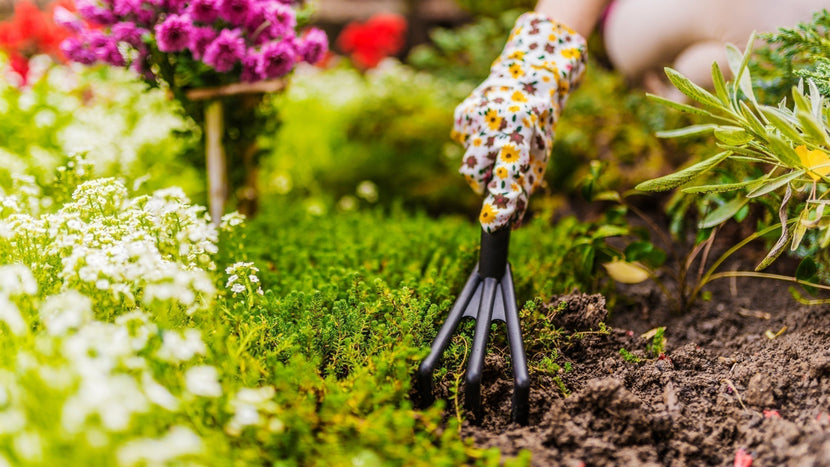
How Does Growing a Garden Help the Environment?
Gardening does more than make your yard look stunning or increase your home’s curb appeal—it’s a powerful way to support the environment and improve your overall well-being. Whether you’re a seasoned gardener or just starting out, your efforts in the soil can lead to a greener, healthier planet.
From growing your own vegetables to planting trees and pollinator-friendly flowers, every action you take in the garden contributes to a more sustainable world. Here’s how gardening benefits the environment and why it’s one of the best eco-friendly hobbies to adopt.
Gardening Helps Clean the Air
Air quality is one of the biggest environmental and public health concerns today. Plants act as natural air purifiers through photosynthesis—absorbing carbon dioxide and releasing oxygen. Even indoor plants like golden pothos, snake plants, and spider plants can filter out toxins and improve indoor air quality.
Gardening in outdoor spaces helps reduce greenhouse gas emissions by adding more oxygen-producing plants to the environment. Trees, shrubs, and flowers work together to cleanse the air, making your yard and community healthier places to live.
Gardening Supports Pollinators

Bees, butterflies, beetles, and even hummingbirds are essential pollinators responsible for the growth of nearly 80% of the crops we eat. Planting pollinator-friendly plants is critical to supporting these species, especially as they face threats from pesticides, climate change, and habitat loss.
Plants like lavender, scabiosa, yarrow, and sage provide the nectar and shelter pollinators need to survive. By planting these in your garden, you’re helping to maintain biodiversity and support food systems that rely on natural pollination.
Gardening Prevents Soil Erosion
Soil erosion leads to the loss of fertile land and contributes to water pollution by allowing sediment to clog waterways. This disrupts aquatic ecosystems and can cause flooding. By groundcover plants or using native grasses, you help stabilize the soil.
These plants prevent erosion by anchoring topsoil with their roots and enriching the ground as they break down. Healthy soil means healthier plants, more resilient agriculture, and a better balance in local ecosystems.
Gardening Reduces Your Carbon Footprint
Your carbon footprint includes everything from how often you drive to how much waste you produce. Gardening helps reduce that footprint in multiple ways:
-
Replacing lawns with diverse plantings like trees, shrubs, and perennials improves carbon absorption and boosts biodiversity.
-
Growing your own fruits and vegetables reduces packaging waste, grocery trips, and reliance on foods that are shipped long distances.
-
Planting shade trees or climbing vines around your home can lower your cooling costs and reduce energy consumption in warmer months.
Every plant you grow becomes part of a carbon solution that fights climate change.
Gardening Helps Minimize Noise Pollution

Many people don’t realize how much noise pollution affects both humans and wildlife. Constant exposure to loud or disruptive sounds can cause stress, anxiety, and even physical health issues. Wildlife, especially birds and mammals, may abandon their habitats due to excessive noise.
Planting trees, shrubs, or privacy hedges creates natural sound barriers. Evergreens are especially effective, offering year-round foliage that reduces noise while providing habitat and food for local animals during winter. Privacy landscaping not only gives you a quieter space—it creates safer, more stable environments for nearby wildlife.
Gardening for a Greener Future
The benefits of gardening go far beyond aesthetics. When you plant a garden, you become an environmental steward—cleaning the air, feeding pollinators, enriching the soil, and reducing your impact on the planet. Whether you grow vegetables, flowers, or trees, your garden has the power to restore balance to nature.
If you’ve been thinking about starting a garden, let the positive impact on the environment be the extra nudge you need. With every seed you plant, you’re growing more than just greenery—you’re growing a better future.
